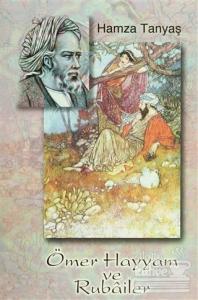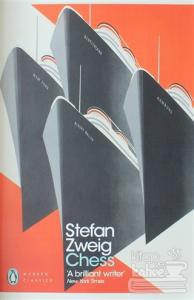
Revered in eleventh-century Persia as an astronomer, mathematician and philosopher, Omar Khayyam is now known first and foremost for his Ruba'iyat. The short epigrammatic stanza form allowed poets of his day to express personal feelings, beliefs and doubts with wit and clarity, and Khayyam became one of its most accomplished masters with his touching meditations on the transience of human life and of the natural world. One of the supreme achievements of medieval literature, the reckless romanticism and the pragmatic fatalism in the face of death means these verses continue to hold the imagination of modern readers.In This translation Persion scholar Peter Avery and poet John Heath-Stubbs have collaborated to recapture the sceptical unorthodox spirit of the original by providing a near literal English version of the original verse,This edition also includes a map appendices a bibliography and an introduction examining the ruba'i form and Khayyam's life and times.
Revered in eleventh-century Persia as an astronomer, mathematician and philosopher, Omar Khayyam is now known first and foremost for his Ruba'iyat. The short epigrammatic stanza form allowed poets of his day to express personal feelings, beliefs and doubts with wit and clarity, and Khayyam became one of its most accomplished masters with his touching meditations on the transience of human life and of the natural world. One of the supreme achievements of medieval literature, the reckless romanticism and the pragmatic fatalism in the face of death means these verses continue to hold the imagination of modern readers.In This translation Persion scholar Peter Avery and poet John Heath-Stubbs have collaborated to recapture the sceptical unorthodox spirit of the original by providing a near literal English version of the original verse,This edition also includes a map appendices a bibliography and an introduction examining the ruba'i form and Khayyam's life and times.














